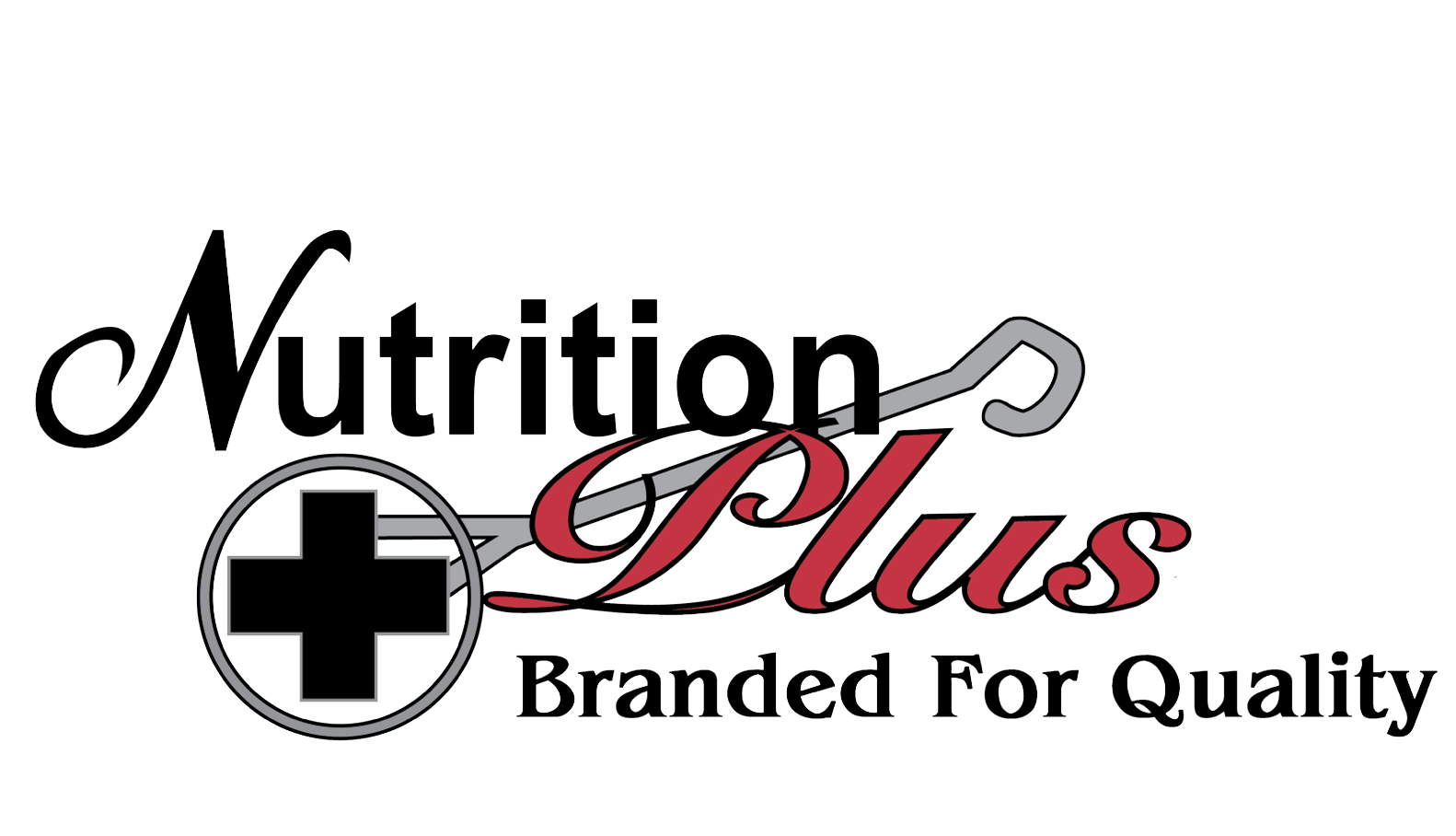Calcium is a macro mineral. This means it is a dietary mineral that is required in relatively large amounts, and it constitutes a large portion of certain body tissues and fluids. Calcium is essential for the formation of bones and teeth, nerve functions, muscle coagulation, and cell permeability. It is also essential for milk production and formation of eggshells in poultry.
When deficient in sodium, rickets occur in young animals and osteomalacia occurs in adults. Dairy cows can produce milk fever due to the influence of calcium levels in the body.
Excess calcium reduces absorption and utilization of zinc. In swine, this causes parakeratosis. Excess magnesium decreases calcium absorption, replaces calcium in the bone and increases calcium excretion. The calcium to phosphorus ratio for nonruminants is usually 1:1 to 2:1. For ruminants, the ratio may be anywhere from 1:1 to 7:1. Vitamin D is involved. If an adequate amount of vitamin D is present, the ratio of calcium to phosphorus is less important.
A good source of sodium for animals is calcium carbonate, found in oyster shells. Other sources include dicalcium phosphate and defluorinated phosphate. Protein supplements of the animal origin and legume forages, along with milk and bone meal, are also great sources.
Over 70% of the ash of the body consists of calcium and phosphorus. Approximately 99% of the calcium of the body is present in the bones and teeth. Calcium availability of 70% is generally assumed for all feedstuffs.

